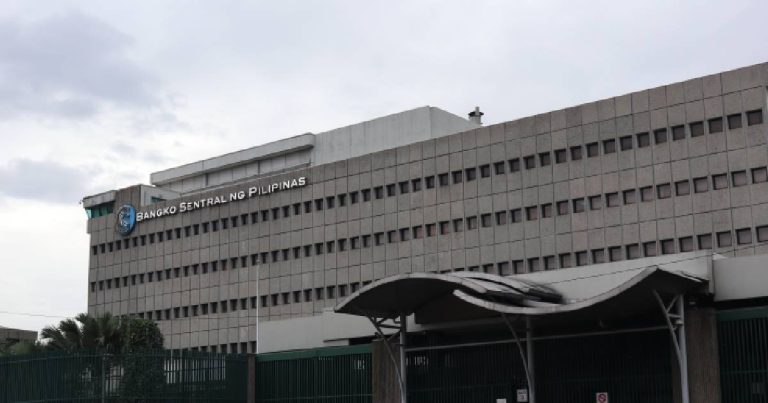5-12-2023 (MANILA) The Bangko Sentral ng Pilipinas (BSP), the central bank of the Philippines, announced on Tuesday (Dec 5) its intention to keep the country’s monetary policy settings “sufficiently tight” and expressed readiness to implement further measures. This decision reflects the BSP’s cautious stance towards inflation, despite a recent slowdown in its rate of increase.
According to data released by the Philippine Statistics Authority, the consumer price index rose by 4.1% in November, marking the slowest growth rate since March 2022. This figure was also lower than the 4.3% forecasted in a Reuters poll. In October, inflation stood at 4.9%.
The data also revealed that food inflation in November was 5.8%, representing the smallest annual rise since May 2022. While rice prices increased by 15.8% compared to 13.2% in the previous month, there were declines in the cost of vegetables.
In response to these developments, the Bangko Sentral ng Pilipinas stated in a released statement, “The Monetary Board deems it necessary to keep monetary policy settings sufficiently tight until a sustained downtrend in inflation becomes evident.”
The average inflation rate for the year-to-date remains at 6.2%, significantly above the central bank’s target range of 2%-4% for the year.
The central bank emphasized its willingness to take appropriate action to bring inflation back within its target range. It acknowledged that the balance of risks in the inflation outlook still leans significantly towards the upside.
Core inflation, which excludes the volatile food and energy costs, stood at 4.7% in November, down from 5.3% in the previous month.
During its November meeting, the central bank maintained interest rates at 6.5%, following a 25-basis point hike on October 26. The increase was implemented as a precautionary measure to prevent inflation from spiraling out of control.




